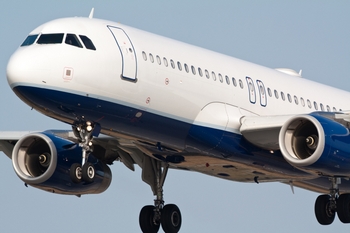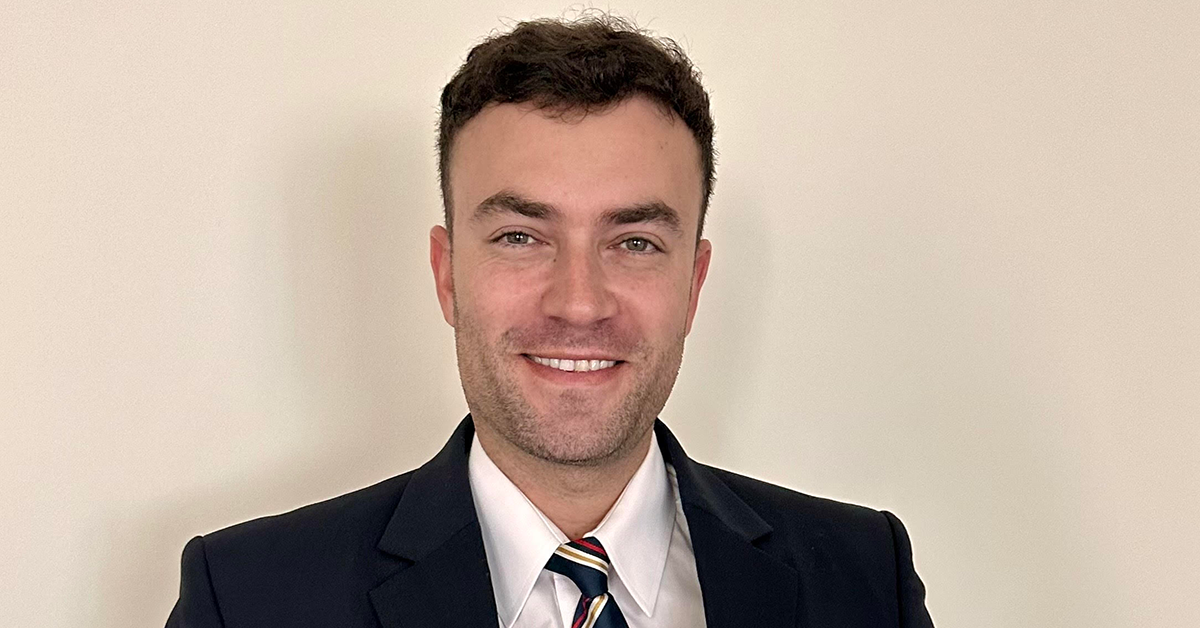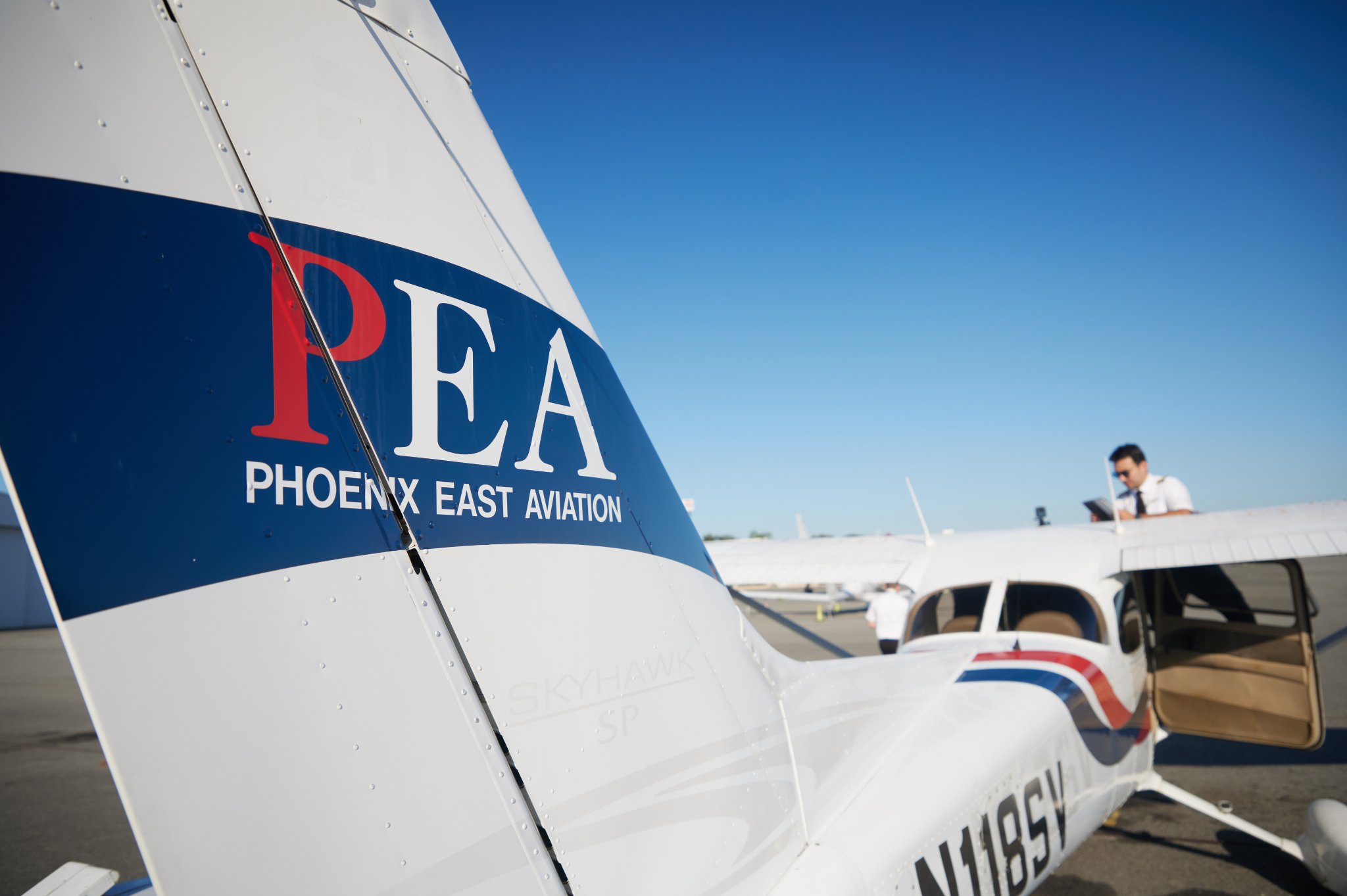Transitioning to an Airline Career
 For those in the midst of flight training, an airline career can seem too far off to think about. But if you’re in an accelerated flight program like PEA, an airline career may not be as distant as you think.
For those in the midst of flight training, an airline career can seem too far off to think about. But if you’re in an accelerated flight program like PEA, an airline career may not be as distant as you think.
Airlines are beginning to hire again, and with the industry buzzing about an impending pilot shortage, the opportunity to become an airline pilot might happen sooner than you think. For those of you hoping to transition to an airline, here are a few things to think about:
Live Frugally
Many airlines today are paying much less than a desirable wage. And many students graduate from flight school with at least some debt. This can be a scary time, especially if you don’t have a large amount of money saved. Plan wisely and live frugally. Much of the time, new pilots complain of a poor lifestyle not because they don’t make enough money, but because they don’t plan well.
Learn to manage a strict budget and keep in mind that if you get an airline job, you probably won’t get paid during training. You’ll be responsible for getting yourself to and from the interview, and if you get hired, you’ll probably have to pay for your own travel to and from training, while continuing to pay the bills at home.
Stay Current and Build Flight Time
You’ll probably be trying to build hours, but remember to focus on the right kind of hours. You’ll need to make sure you have the required cross-country, night, multi-engine and instrument time necessary to apply for airlines.
Don’t forget about maintaining currency! Airline recruiters will focus on your instrument currency, recent flying, and the total hours flown in the six months prior to your application.
Finally, don’t forget about any other requirements. Do you need to take the ATP written exam? Do you need an FCC license? A college degree?
Ace the interview
You’ll likely need to brush up on your interviewing skills. Of course, you’ll need to be prepared for the typical interview questions and technical tests, but don’t forget the things, like having your logbook in order and an up-to-date medical certificate.
The biggest challenge for low-time pilots is the level of knowledge that you’ll be expected to have during an airline interview. You probably have a good understanding of Part 91 operations coming from PEA. But if you want to make an even better impression, study up on Part 121 operations, as well as the specific aircraft that the airline flies.
You will need to show the interviewer that you know how to fly safely and use sound judgment. Usually, there will be a simulator ride during the interview. Sometimes this is in a much faster aircraft, or even a jet aircraft, and you’ll be expected to fly a perfect instrument approach. If this sounds like a challenge, make sure you get some simulator experience in a similar aircraft before your interview.
Be Flexible
Be open to other flying opportunities. Be willing to relocate. You want to focus on your goal, but not to the point where you can’t see another opportunity in front of you. If you stay flexible about your goals and career, you’ll be better off overall.



